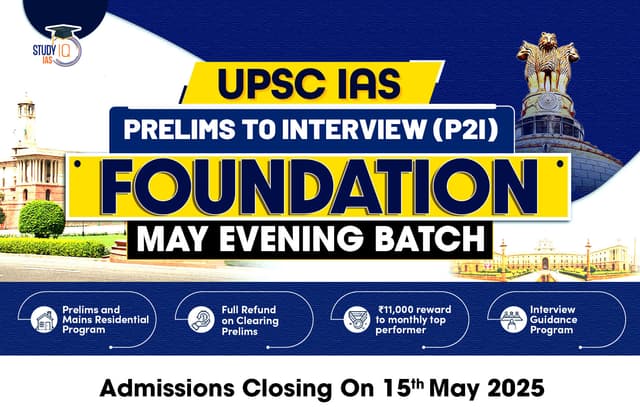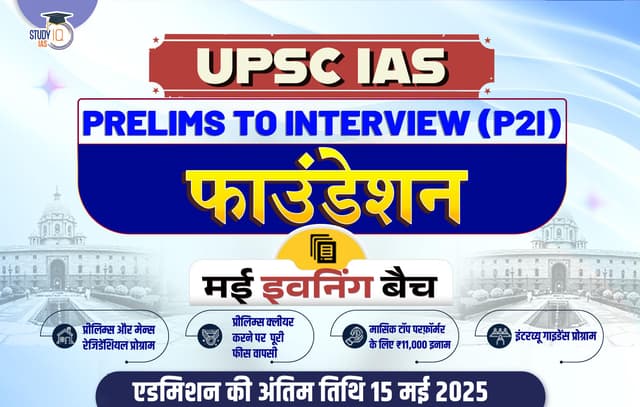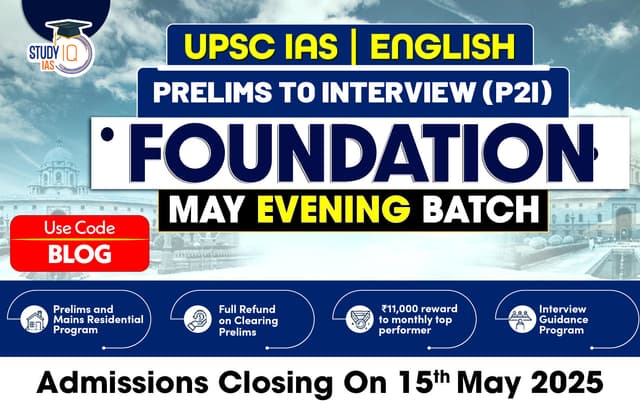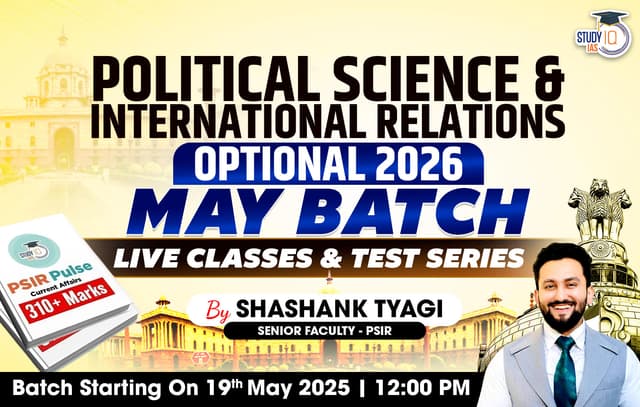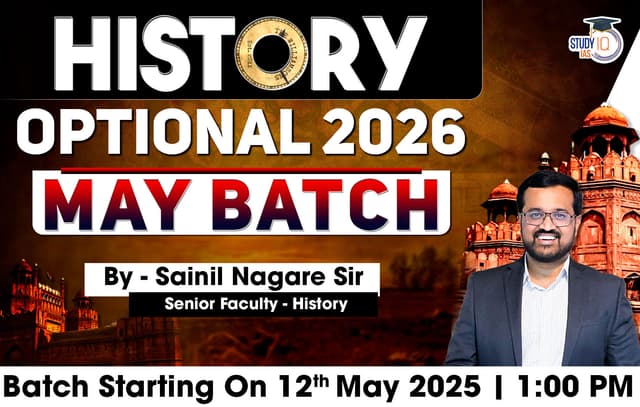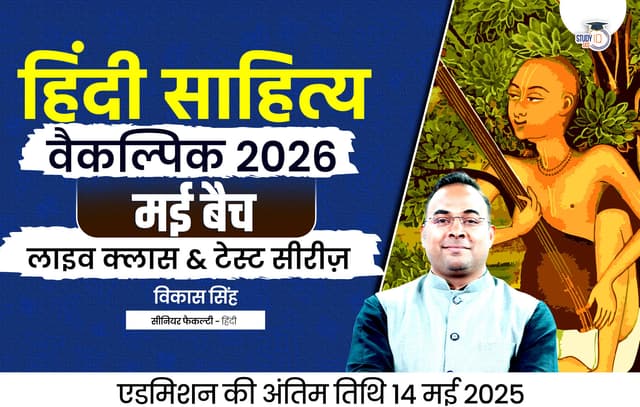Table of Contents
Context: In India, more people believe that the media is free than those who consider media freedom to be important.
What is Freedom of Press?
- Freedom of Press is a fundamental right that guarantees the ability of individuals and organisations, including journalists and media outlets, to publish and disseminate information without fear of censorship or retaliation.
- It is an absence of statutory and administrative control on the dissemination of ideas, knowledge and thoughts.
- In practical terms, freedom of the press means that individuals have the right to express their opinions and ideas through various forms of media, such as print, broadcast, and online platforms, and to report on events and issues of public interest.
- This right also includes the freedom to access information and to hold those in power accountable for their actions.
Freedom of Press
According to Reporters Without Borders (RWF), press freedom is defined as “the ability of journalists as individuals and collectives to select, produce, and disseminate news in the public interest independent of political, economic, legal, and social interference and the absence of threats to their physical and mental safety”.
Constitutional Basis of Freedom of Press
- The Constitution of India guarantees freedom of speech and expression under Article 19, which deals with ‘Protection of certain rights regarding freedom of speech, etc.
- Freedom of press is not explicitly protected by the Indian legal system but it is implicitly protected under Article 19(1) (a) of the constitution, which states – “All citizens shall have the right to freedom of speech and expression”.
- However, the Freedom of press in India is also not absolute. Restrictions are placed on Article 19(2) on following conditions:
- Interests of the sovereignty and integrity of India
- The security of the State
- Friendly relations with foreign States
- Public order
- Decency or morality
- Contempt of court
- Defamation or incitement to an offence
Importance of Journalists
- Voice for the Voiceless: Journalists bring to light “unseen and unheard” stories from marginalised and local communities.
- They raise issues of deprivation, suffering, and corruption, giving a platform to the struggles of the underprivileged.
- Transparency and Accountability: Investigative journalism ensures checks and balances by exposing corruption and malpractice in developmental projects and welfare schemes.
- Acts as a watchdog of democracy, holding powerful entities accountable.
- Local Relevance and Community Impact: Grassroots journalists report on local issues, civic problems, and developmental challenges, often ignored by mainstream media.
- They bridge the gap between policymakers and the grassroots.
- Enabler of Regional Language Journalism: Stringers and retainers play a crucial role in providing content for regional and local media outlets, ensuring diversity in news coverage.
- Empowerment through Independent Journalism: Independent platforms like social media, YouTube, and digital news sites amplify investigative stories, reaching a broader audience.
- These platforms help bypass the limitations of mainstream media influenced by advertisers and state alignments.
- Strengthening Democracy: By uncovering the abuse of power and fostering an informed citizenry, journalists reinforce democratic institutions and processes.
| Institutions for Protecting Press Freedom in India |
Constitutional and Legal Framework
Government and Regulatory Bodies
Law Enforcement and Oversight Bodies
Civil Society
International Frameworks
|
Judicial Opinion on Freedom of Press
- In Romesh Thaper vs State of Madras and Brij Bhushan vs State of Delhi, the Supreme Court explicitly stated that the freedom of the press was an essential part of the right to freedom of speech and expression.
- Freedom of speech and expression included the propagation of ideas, and that freedom was ensured by the freedom of circulation.
- In Union of India v/s Association for Democratic Reforms, the apex court said that freedom of speech and expression includes the right to impart and receive information, which includes the freedom to hold opinions.
- The court said that the Freedom of press has three essential elements:
- Freedom of access to all sources of information
- Freedom of publication
- Freedom of circulation
- The court said that the Freedom of press has three essential elements:
- In Sakal Papers v/s Union of India, the court observed that the Daily Newspapers (Price and Page) Order, 1960, which fixed the number of pages and size which a newspaper could publish at a price, was held to be violative of freedom of press and was not a reasonable restriction under the Article 19(2).
Importance of Freedom of Press
- Uphold people’s rights: Press freedom is important to raise concerns about violations of people’s rights. In their absence, such rights get suppressed under the might of the state.
- Accountability of the government: Accountability is the basic feature of democracy, and the government of the day must be held accountable for its actions. This can only be ensured through freedom of press.
- Propagating ideas: Press is a medium of communication that allows the propagation of ideas among the citizens. New ideas allow democracy to flourish.
- Foundation of democracy: Press/media is the fourth pillar of democracy, as it acts as a bulwark against state power. It also acts as a link between the government and the people.
- Awareness creation: Free press keeps citizens educated about happenings around the world as well as in the country.
Challenges or Threats Faced by Journalists
- Physical Threats and Violence: Journalists face threats, attacks, and even murder, as seen in the cases of Mukesh Chandrakar and Umesh Dobhal.
- They are targeted at exposing the nexus of politicians, contractors, and criminals.
- Low Emphasis on Press Freedom: Only 68% of Indians (according to the latest survey by the Pew Research Center) said it is important for media to function without government censorship, the second lowest among 35 countries.
- This indicates a relatively low public demand for independent journalism as a systemic solution to misinformation.
- Weak Legal Protections: Despite laws like the Chhattisgarh Protection of Media Persons Act, enforcement is poor, leaving journalists vulnerable.
- Legal mechanisms often fail to deter violence against journalists.
- Precarious Working Conditions: Many journalists work without job security, receive meagre salaries, and face hostile work environments.
- Lack of institutional support makes them easy targets for intimidation.
- Political and Economic Pressure: Media houses face pressure from advertisers, local administrations, and state governments, reducing space for critical reporting.
- Journalists are often forced into self-censorship due to these influences.
- Online Harassment and Surveillance: Independent journalists using digital platforms face trolling, abuse, and sometimes digital surveillance.
- This adds to their physical and mental stress.
- Impunity for Attackers: Attackers of journalists often go unpunished, fostering a culture of fear and discouraging investigative reporting.
- Lack of Recognition and Support: Grassroots journalists rarely receive credit for their contributions, making them feel isolated and undervalued.
- Decline in Press Freedom: Increased state control and alignment of media outlets with vested interests undermine journalistic independence.
- Eg., India ranked 159 out of 180 countries in the 2024 World Press Freedom Index by Reporters Without Borders.
Challenges/Threats to Freedom of Press
- Fake news: The trust of citizens in the press has deteriorated due to the increasing instances of fake news. It is becoming challenging to separate real news from fake news.
- Paid news: Politicians and influential people use their money and power to plant news that is favourable to them. This has converted media into propaganda machinery.
- Attack on journalists: Journalists have lost their lives for exposing the misdeeds of people in power. Such attacks have deterred them from performing their duties.
- Corporate control: Influential media channels are being acquired by rich corporations. This reduces their independence, making them tools in the hands of powerful personalities.
- Political bias: Many media companies are owned by individuals who have close ties
Government’s Measures to Control Press
- Draft IT Amendment Rules 2023: It allows the IT ministry to appoint the fact-check body, which has power to label online content related to the Union Government as “fake” or “misleading”.
- If any piece of information is marked as fake by the fact-check unit, online intermediaries will be required to take it down.
- IT Amendment Rules 2022: Social media intermediaries are required to address complaints regarding the removal of specified prohibited content within 72 hours.
- In case of failure, the intermediaries will lose their safe harbour provisions under Section 79 of the IT Act 2000.
- Section 69A of IT Act 2000: It gives powers to the Central and State governments to issue directions “to intercept, monitor or decrypt any information generated, transmitted, received or stored in any computer resource”.
Strategies to Revamp Press Freedom in India
- Implement Recommendations of Expert Committees: Adopt suggestions from bodies like the Justice J.S. Verma Committee (2012), Press Council of India, and National Human Rights Commission.
- Focus areas include ethics training for journalists, institutional transparency, and legal safeguards for constitutional press freedoms.
- Strengthen the Legal Framework: While Article 19(1)(a) guarantees freedom of speech and expression, additional legal provisions are needed to protect journalists from harassment, threats, and violence.
- The Supreme Court (2017) reinforced that free speech is vital for truth and democracy.
- Establish Independent Media Regulatory Bodies: Create autonomous and impartial regulatory authorities to oversee media practices.
- Ensure transparent appointments, adequate funding, and public trust in their functioning.
- Ensure Protection for Journalists and Whistleblowers: Strengthen protection laws like the Whistleblowers Protection Act, 2014, especially for those reporting sensitive or controversial matters.
- Encourage fearless investigative journalism through legal and institutional safeguards.
- Combat Online Threats and Misinformation: Address cyberbullying, online abuse, and fake news, particularly on digital platforms.
- The NBDA’s 2022 initiative is a step in this direction, focusing on protecting journalists, especially women, from online harassment.
- Promote Media Literacy and Ethics Training: Implement regular training programs for journalists to enhance media ethics and accountability.
- Encourage ethical reporting and public trust through transparent media practices.
- Foster International Cooperation: Collaborate with global institutions to adopt best practices and gain international support.
- Engage actively in platforms like UNESCO’s International Programme for the Development of Communication (IPDC) to promote freedom of expression.

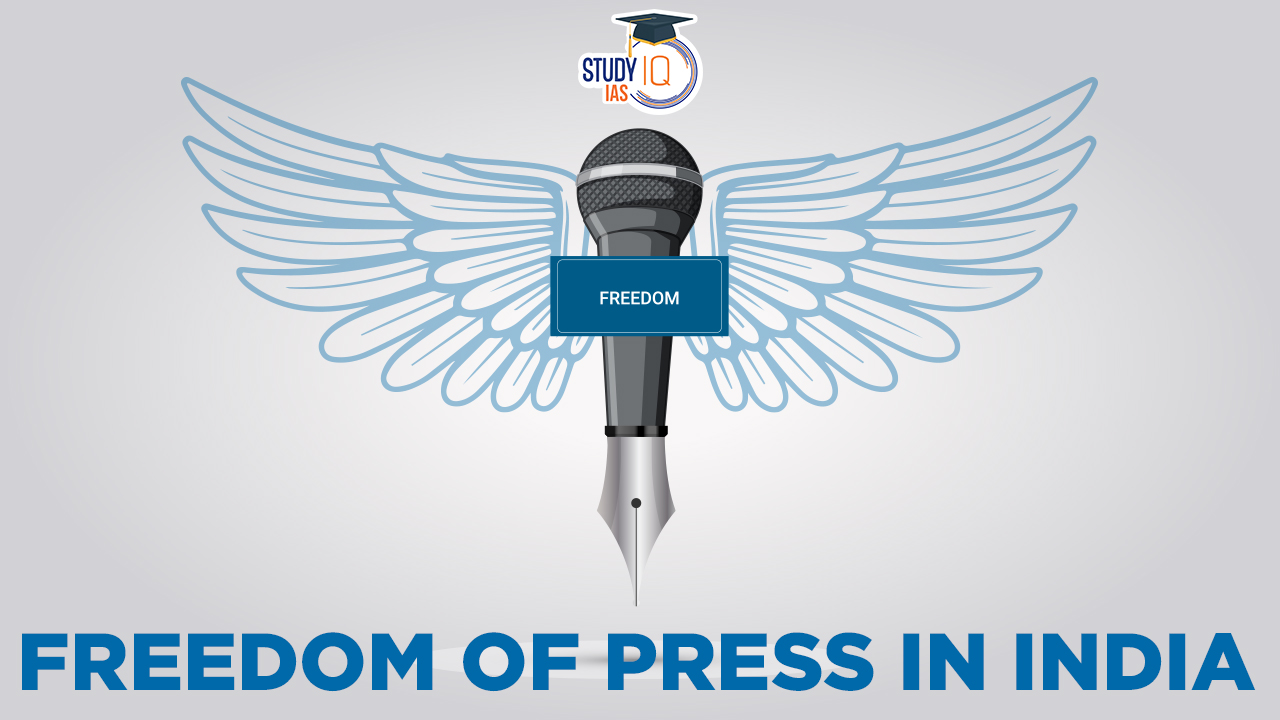
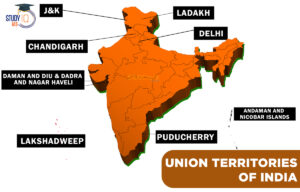 Union Territories of India with Capital,...
Union Territories of India with Capital,...
 Strengthening Parliamentary Oversight in...
Strengthening Parliamentary Oversight in...
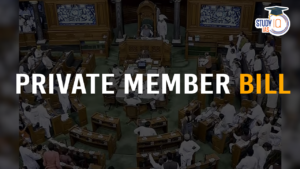 Private Member Bill, Key Provisions, Sig...
Private Member Bill, Key Provisions, Sig...

